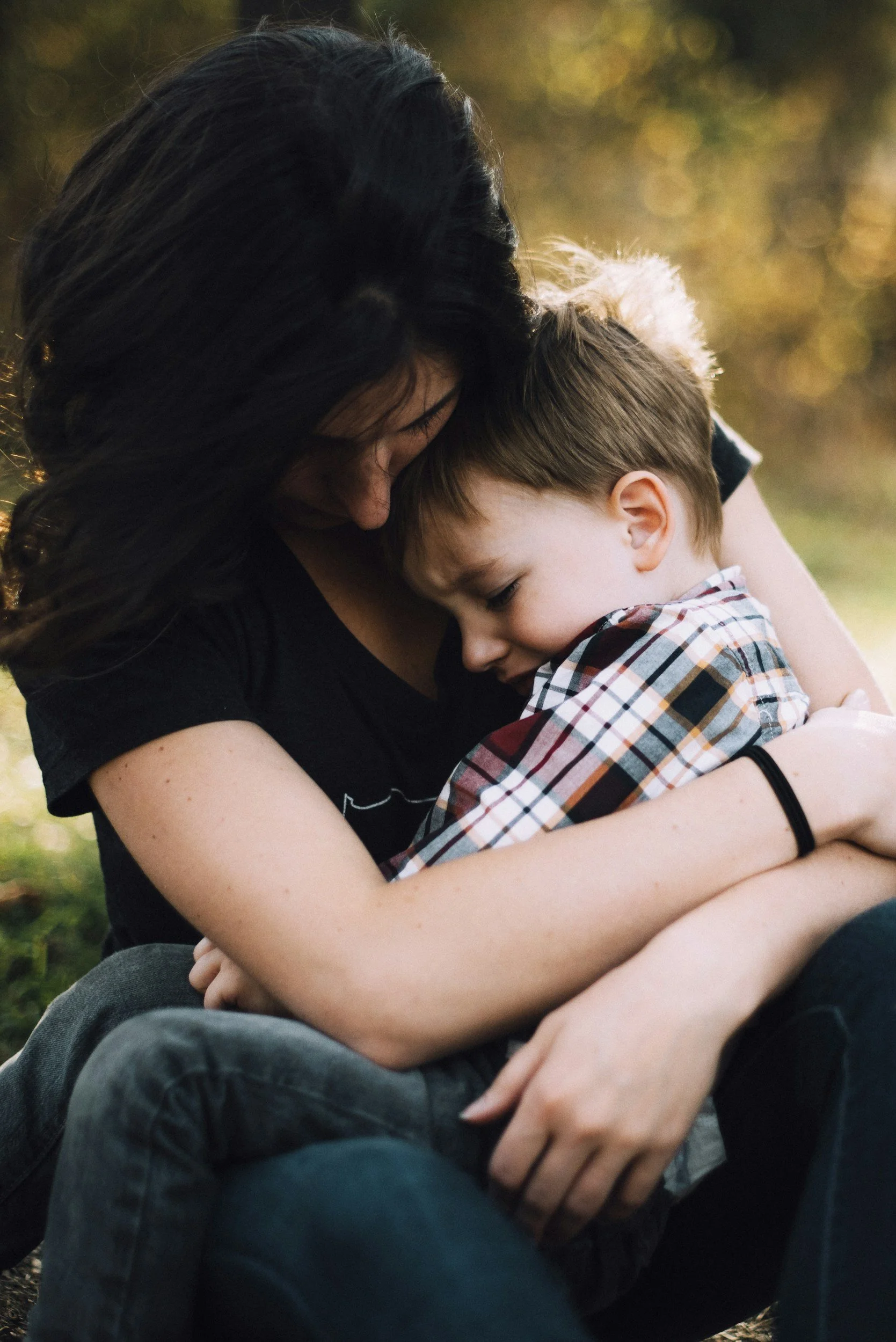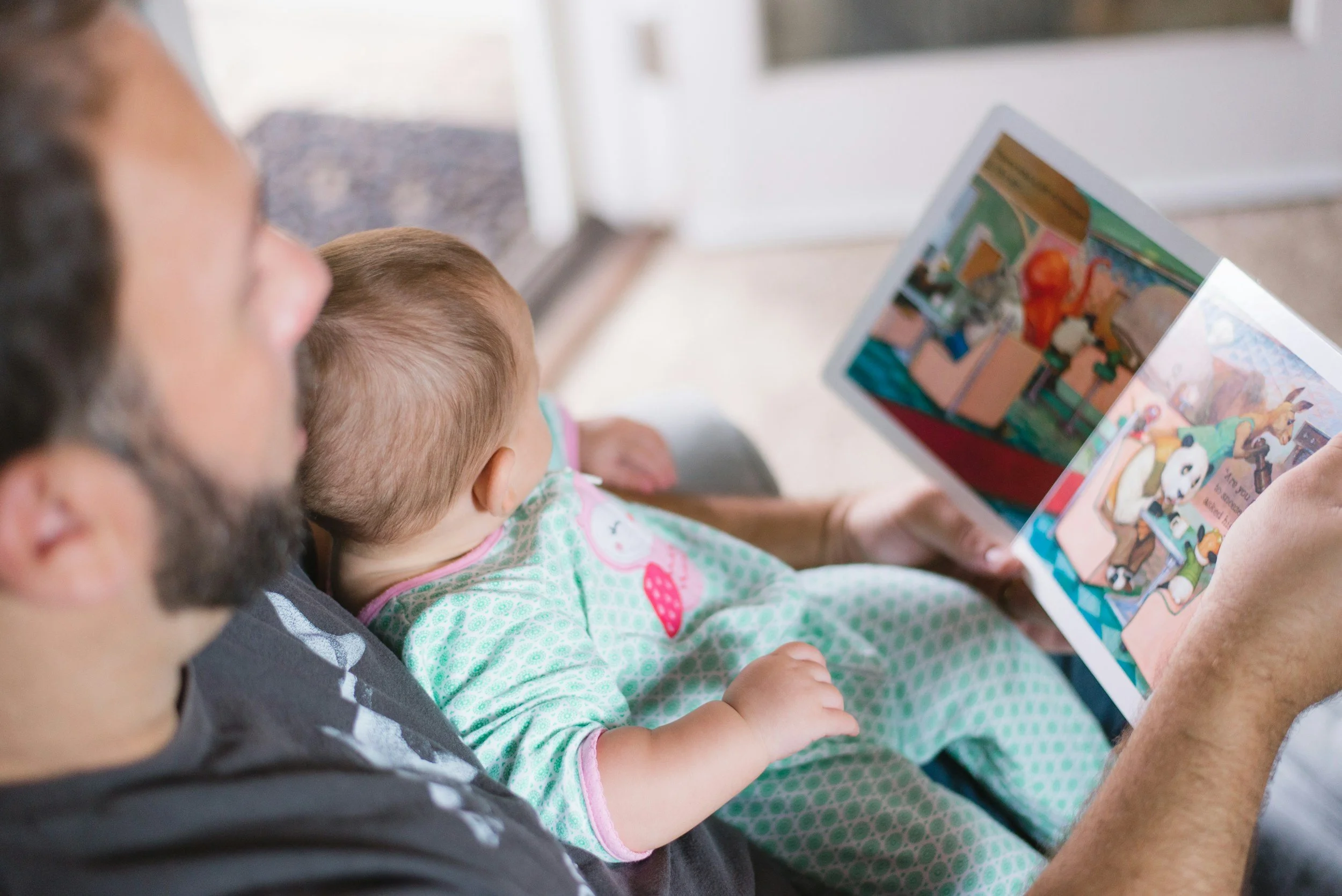
Parent-Child Psychotherapy
I don’t feel close or connected with my child. If I don’t do this right I will mess up my child forever.
The journey into parenthood is not just about bringing a baby into the world; it's about forming a lifelong connection. From the earliest moments of fertility exploration, through pregnancy, and into the postpartum period, the relationship between parent and child is constantly evolving. If you're experiencing challenges in bonding, struggling to understand your baby or toddler’s cues, or finding that past experiences are impacting your ability to connect fully, parent-child psychotherapy offers a unique and powerful pathway to foster a secure, joyful, and positive relationship.
In these times of social media, trying to do everything perfect, distracted by phones, emails, and tasks, I understand that the current landscape of parenthood influences the parent-child bond. My practice is focused on exploring the bond and relationship between you and your child. I will provide tailored evidence based tools and activities that promote attunement, deeper connection, improved communication, and strong foundation for a secure attachment. This will promote your child's development and enrich your own experience of parenthood, so that you can enjoy being with your child. This isn't just about addressing symptoms; it's about nurturing the heart of your family.
Nurturing Your Deepest Connection
As parents, we want to make sure that our children have a healthy and secure attachment, but it can sometimes feel hard to know what to do to achieve that. The bond between parent and child begins long before birth and continues to develop throughout infancy and beyond. Parent-child psychotherapy acknowledges that there are so many challenges that we face in being a present and engaged parent. In this world of high demands, distraction, and pressures all around, having a road map to provide guidance can ease your anxiety and fears about your relationship with your child. Allowing you to feel confident in your attachment and bond and enjoy being a parent.
The Importance of the Parent-Child Bond
Here are common experiences where a parent-child psychotherapy approach can offer profound insight and support:
Early Bonding Challenges
Decoding Baby & Child Cues
Persistent Anxiety Related to the Child
Navigating Difficult Child Behaviors (Toddler & Preschool)
Impact of Parental Mood on the Relationship
Grief and Loss Affecting Connection
Supporting Developmental Milestones
By deeply exploring the nuances and individual aspects of your parent-child bond, this approach empowers you to foster a relationship built on secure attachment, clear communication, and joyful connection, benefiting both you and your child for a lifetime. Learn more on how my services can address your needs to improve the relationship with your child and help you feel more positive about your relationship




